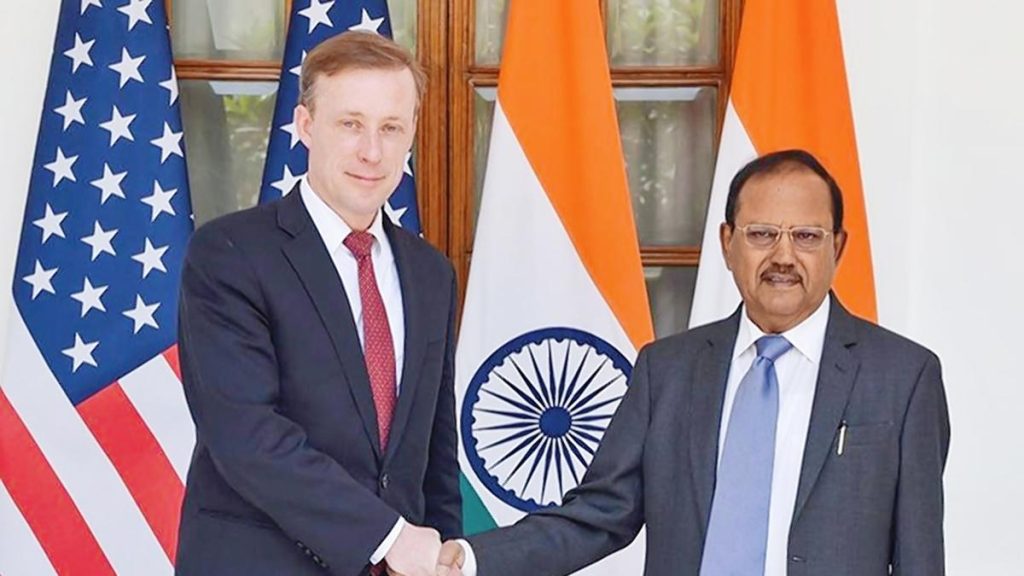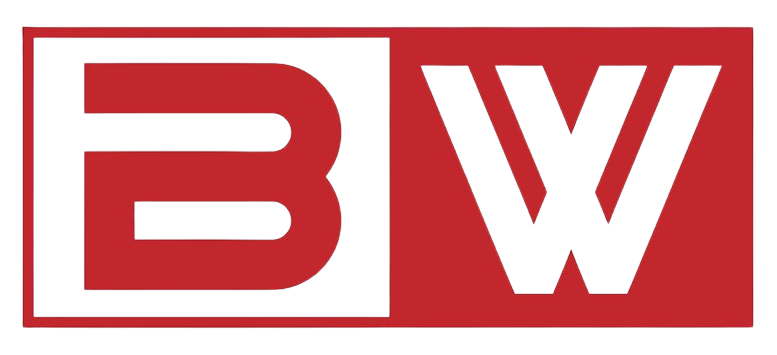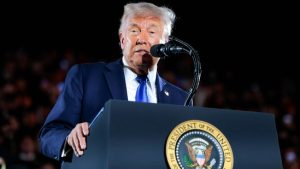India silent after U.S. sanctions 19 Indian entities for ‘Russia links’

India has refrained from commenting on the recent U.S. sanctions imposed on 19 Indian entities accused of supplying “dual-use” technologies to Russia.
The U.S. Treasury Department announced on October 30, 2024, that it had sanctioned nearly 400 companies and individuals from 17 countries, labeling them as “Third-Country Sanctions Evaders.” This action marks the largest single targeting of Indian firms in connection to Russia. Despite repeated media inquiries, India’s Ministry of External Affairs (MEA) declined to issue a statement on Friday, November 1.
Several of the sanctioned entities are based in major Indian cities, including Delhi, Hyderabad, and Bengaluru. MEA officials also remained silent on whether this topic had surfaced during a recent phone call between National Security Adviser (NSA) Ajit Doval and his U.S. counterpart, Jake Sullivan, on October 31.
According to the White House, Doval and Sullivan discussed “regional security developments” and highlighted the importance of ensuring stability in the Indo-Pacific. They also explored opportunities for collaboration in sectors such as clean energy and defense, aligned with the Initiative on Critical and Emerging Technology (iCET) launched in 2023. However, the readout did not reference the sanctions.
The Modi administration has generally avoided responding to U.S. Treasury sanctions on Indian entities linked to Russia or Iran since 2022, consistently reiterating that India “does not recognize unilateral sanctions.” Under these recent sanctions, U.S. citizens are now prohibited from transacting with the listed companies, and all U.S.-based assets of these entities will be frozen.
Deputy Secretary of the Treasury Wally Adeyemo emphasized the resolve of the U.S. and its allies to curb the flow of crucial technologies to Russia, describing these measures as necessary to prevent Russia’s continued aggression in Ukraine.
The timing of the NSA call also follows a recent disengagement announcement between India and China at two remaining friction points along the Line of Actual Control, signaling a potential easing of tensions after years of military standoff. Concurrently, India and Canada remain embroiled in a diplomatic dispute over allegations that India orchestrated the assassination of Canadian Khalistani activist Hardeep Singh Nijjar in 2023. Canadian officials, in details leaked to The Washington Post, claim they shared their findings with Mr. Doval in Singapore last month. In response, a U.S. State Department spokesperson called the allegations “concerning” and pledged continued consultation with Canadian officials.
The MEA has thus far declined to comment on the escalating dispute with Canada or the U.S. reaction, previously dismissing Canada’s allegations as “preposterous” and politically motivated. It remains unclear if Mr. Sullivan and Mr. Doval discussed these diplomatic tensions or the high-level Indian inquiry into U.S. allegations linking Indian officials to the assassination of American Khalistani activist Gurpatwant Singh Pannun.





